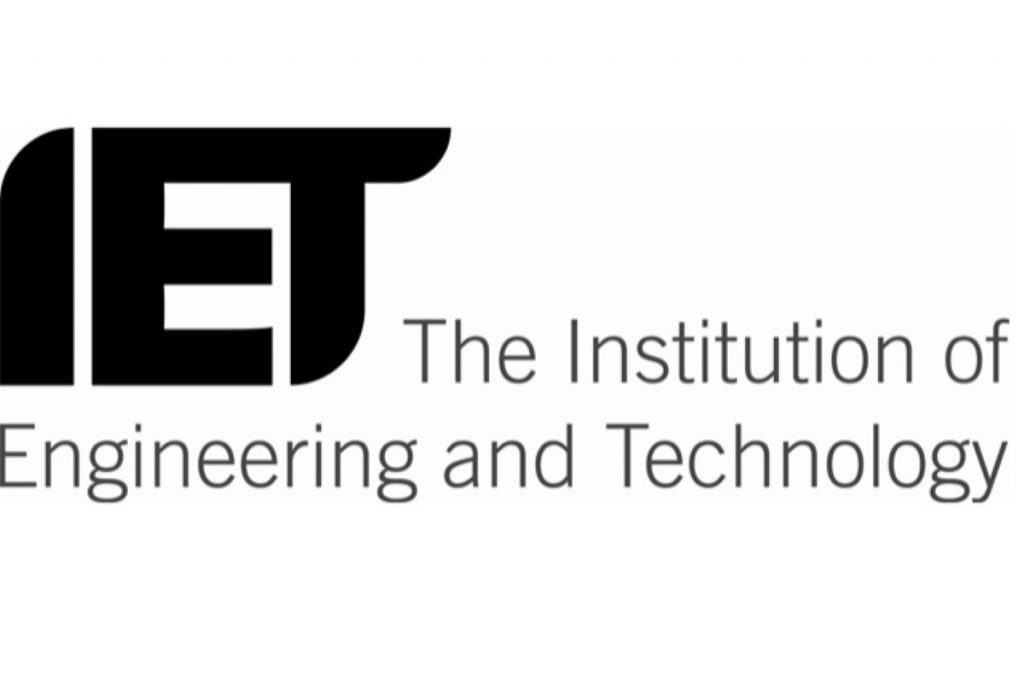Every employee using a computer needs to understand cyber security risks, House of Lords committee told
A cyber security expert has told a House of Lords committee that a basic understanding of cyber security among all company employees is critical. Relying on a few cyber security professionals cannot provide the level of reassurance and safety that modern businesses require.
Hugh Boyes, cyber security expert at the Institution of Engineering and Technology (IET) was giving evidence to the House of Lords Digital Skills Committee (on 28 October). He stressed the need for continuing professional and personal development on the subject of cyber security.
Hugh said: “With the increasing use of computer-based and digital technologies in all aspects of our lives, engineers and technicians need to have a general understanding of cyber security principles.
“This is essential if we are to improve the security and resilience of our systems.
Most modern companies require all their staff to complete basic health and safety training and promote a workplace safety culture; cyber security should be approached in a similar way. It is the responsibility of anyone using computer-based and digital technologies and cannot be left to a relatively small number of specialists.”
As part of its investigation into information and communications technology, competitiveness and skills in the UK, the Committee also heard from cybersecurity experts, as well as representatives from regional digital hubs such as London’s Tech City UK, and Skillset, the Sector Skills Council for the Creative Industries.
The evidence session can be viewed on-demand at http://www.parliamentlive.tv/Main/Player.aspx?meetingId=16231.
Later this week, Hugh will be speaking at a Building Information Modelling (BIM) conference where he will be talking about security-minded modelling. This involves the application of security good practice, including cyber security, to the way that we use digital technologies in the built environment.
The IET has recently published a Code of Practice for Cyber Security in the Built Environment, written by Hugh, which explains the types of security issues that need to be addressed. He is also contributing to the development of guidance in the form of a new BSI PAS 1192-5.
Notes to editors:
- Interview opportunities are available with IET spokespeople from a broad range of engineering and technology disciplines including cyber-security, energy, engineering skills, innovation, manufacturing, technology, transport and women in engineering.
- The IET is one of the world’s largest engineering institutions with nearly 160,000 members in 127 countries. It is also the most multidisciplinary – to reflect the increasingly diverse nature of engineering in the 21st century. Energy, transport, manufacturing, information and communications, and the built environment: the IET covers them all.
- The IET is working to engineer a better world by inspiring, informing and influencing our members, engineers and technicians, and all those who are touched by, or touch, the work of engineers.
- We want to build the profile of engineering and change outdated perceptions about engineering in order to tackle the skills gap. This includes encouraging more women to become engineers and growing the number of engineering apprentices.
- For more information, visit www.theiet.org
- Follow the IET on Twitter.
Robert Beahan
External Communications Manager
T: +44 (0)1438 767336
M: +44 (0)7595 400912





-01.png)